Post
A catch
Save a catch to start your fishing logbook. You will be able to to share it with the community if yo want!
A fishing trip
Post an ad to go fishing with other fishermen
Save a catch to start your fishing logbook. You will be able to to share it with the community if yo want!
Post an ad to go fishing with other fishermen
Share a thought, a question with the community
My favorite cities
×Join our 725 fishermen and our 10 cofishermen in Westmarsh in Kent. The fishing forecast is currently 4.6. The most caught fishes here are the cod fish, the dab fish, the monkfish and the pollack fish. Come try the most famous fishing techniques like the tips on material for mullet fishing with plug, the bolognese fishing, roubaix fishing or lead techniques for soft lures to fish bass.
Our fishing forecast of Westmarsh indicates the best time to go fishing in this city.
The Cod fish
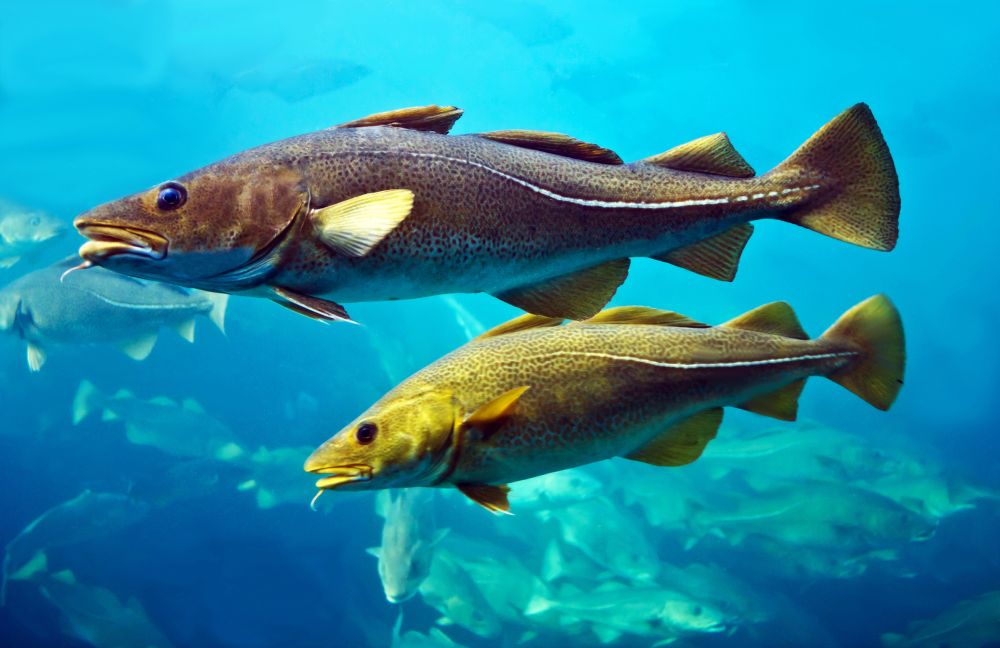
The Cod fish belongs to the Gadidae family. The Cod fish measure between 50 and 90 cm on average but can reach 1.80 metres for 40 kg and a maximum weight of 95.5 kg in some specimens. It can live up to 25 years. It reproduces from February to April. The female can lay 500,000 eggs. It can be fished all year round but productivity is better in March, April and October, November. Its elongated body is covered with small scales. The muzzle is relatively elongated, slightly prominent, conical and obtuse. A large mouth with the posterior edge reaching one third of the eye. There are many small teeth in each jaw. Presence of a barbel under the jaw. It has three dorsal fins and two anal fins. The pale lateral line is curved in the first 2/5 of the body. The body cavity is lined with a grey or silvery membrane and has small black, brown or red spots on the sides and back. The color varies according to the habitat and diet.
The Cod fish is a famous fish you can catch in Westmarsh.The Dab fish
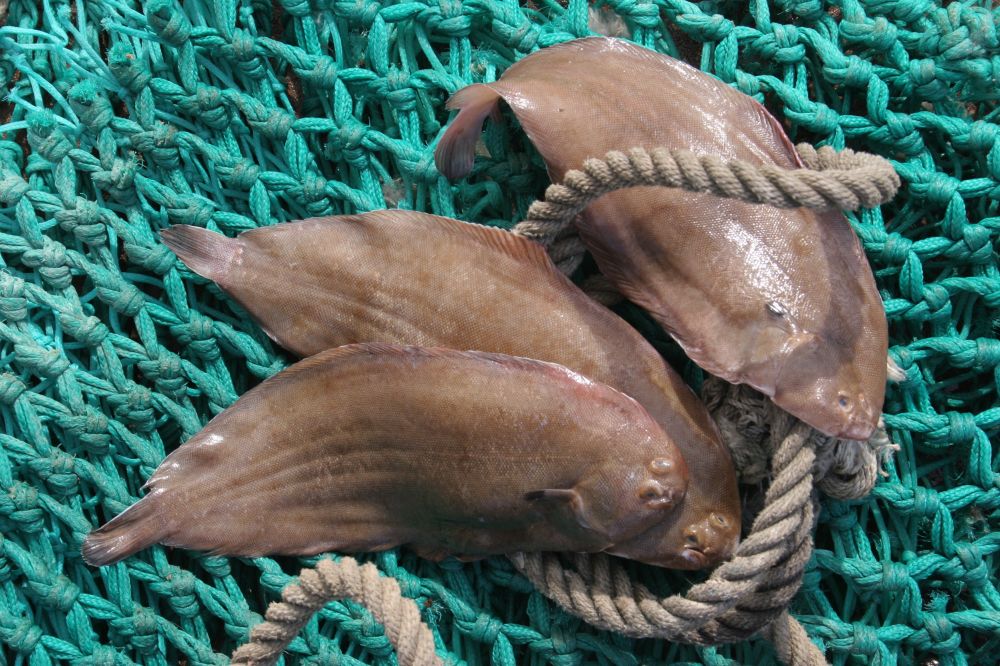
The Dab fish belongs to the Pleuronectidae family. It has an average size of 25 to 40 cm with an average weight of 1 kg. It has a lifespan of 12 years. The Dab fish breeds from February to April. The female lay up to 150,000 oocytes. The Dab fishing is open from October to Mars. the minimum catch size is 25 cm. The Dab fish, scientifically named Limanda Limanda, is a teleosteal species that belongs to the pleuronectidae or flatfish family. It has a flattened body with a more or less oval shape. The eyes of this dexterous fish are both generally located on the right side. The animal has a tiny mouth with small teeth. Its lateral line is curved at the pectoral fin. A characteristic feature that allows it to be easily distinguished from other species with similar morphology such as flounder. Thin scales cover the upper surface of the flounder, making its skin rough to the touch. The back is golden or yellowish brown in color and has dark spots. The belly or blind face is white. Varying from beige to light brown, the general color of dab allows it to blend in with the backgrounds.
The Dab fish is a famous fish you can catch in Westmarsh.The Monkfish
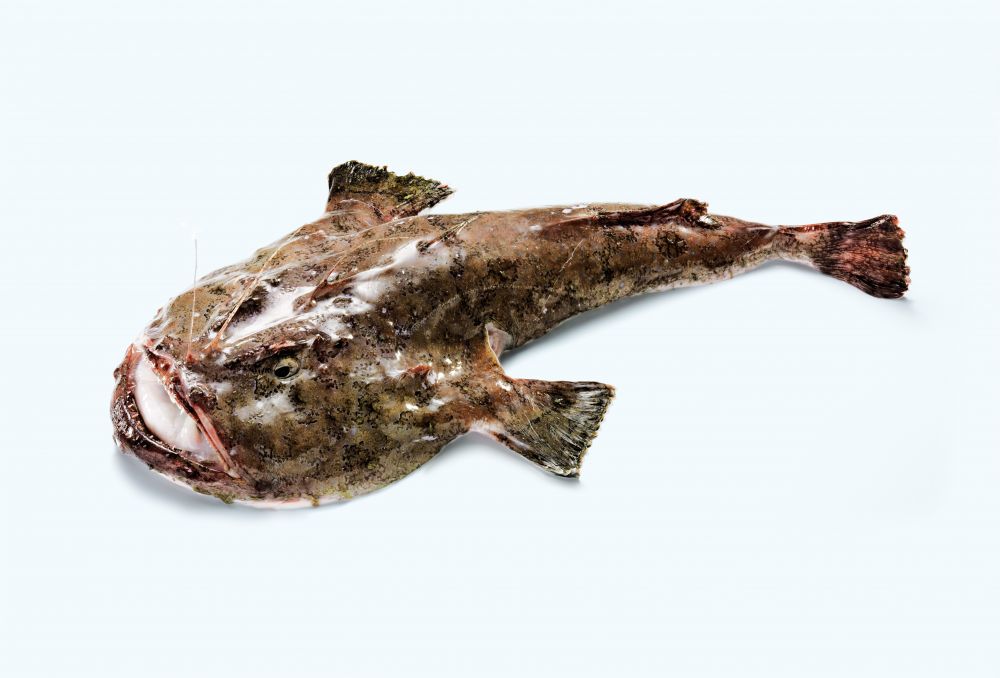
The Monkfish belongs to the Lophiidae Family. The height, in adults, is between 70 and 200 cm. The weight of large individuals is around 40 kg, with a maximum of 58 kg recorded. The longevity is about twenty years. It breeds in winter. The female can lay millions of eggs at once. It is fished in abundance from December to March. With its enormous head (it constitutes 60% of the animal's weight), its widely split mouth and highly developed pectoral fins, anglerfish cannot be confused with any other fish. The body has a round section at the level of the tail, flattened towards the head. The first three rays of the dorsal fin are placed very far forward; the first, located in front of the eyes, carries a flap of bifid skin that the animal uses as bait. The skin is smooth, flake-free and slightly viscous. A row of branched appendages, more developed around the head, borders the median part of the body. The gill holes in the highest position are protected by two bony caps inserted under the skin. The teeth are strong, pointed and curved backwards. The general color is a light brown marbled with darker areas, which may vary according to the environment. Despite their large size, anglerfish are quite good at camouflage.
The Monkfish is a famous fish you can catch in Westmarsh.The Pollack fish
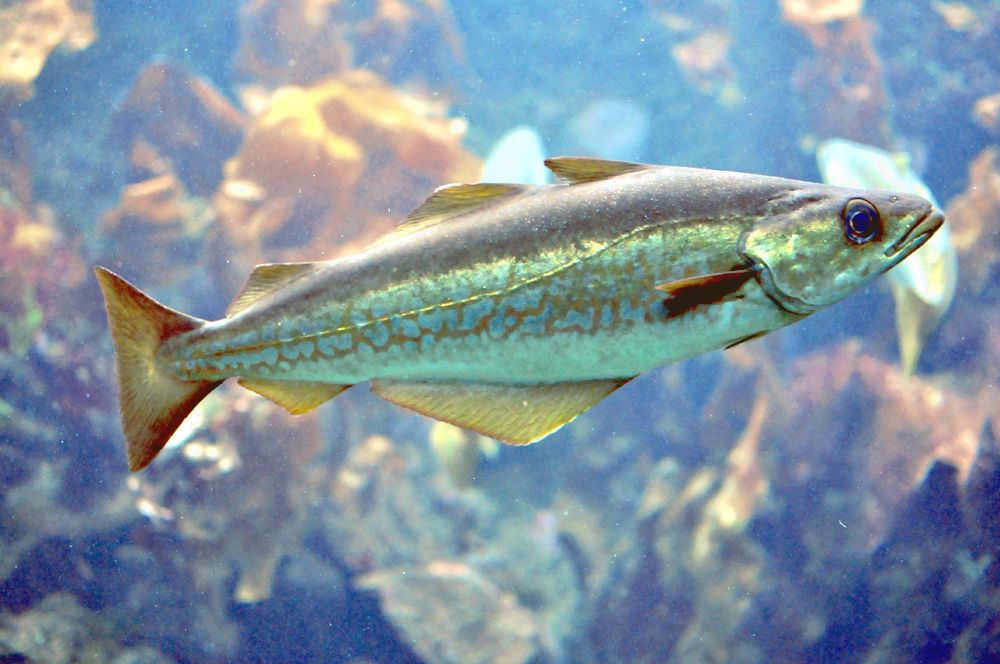
The Pollack fish belongs to the Gadidae family. Its size can reach 1.40 m for an average of 60 to 80 cm. The Pollack grows very quickly and lives between 8 and 10 years, while most pelagic fish have a lifespan of more than 20 years. Reproduction takes place in February March. Fertility can reach 4 million eggs. It can be fished all year round. Elongated body, covered with small scales, orange-yellow color, darker on the back, marbled in young individuals, bright yellowish white in adults. Prominent lower jaw, big eye. The dark-colored lateral line is curved at the pectoral fins, which makes it easily distinguishable from the black locus (Pollachius virens) in which it is straight. The Pollack, like many Gadidae, has three clearly triangular dorsal fins and two anal fins. It is one of the few Gadidae that does not have chin barbells. Juveniles are rather reddish brown with longitudinal stripes of blue-grey.
The Pollack fish is a famous fish you can catch in Westmarsh.The Red Bream
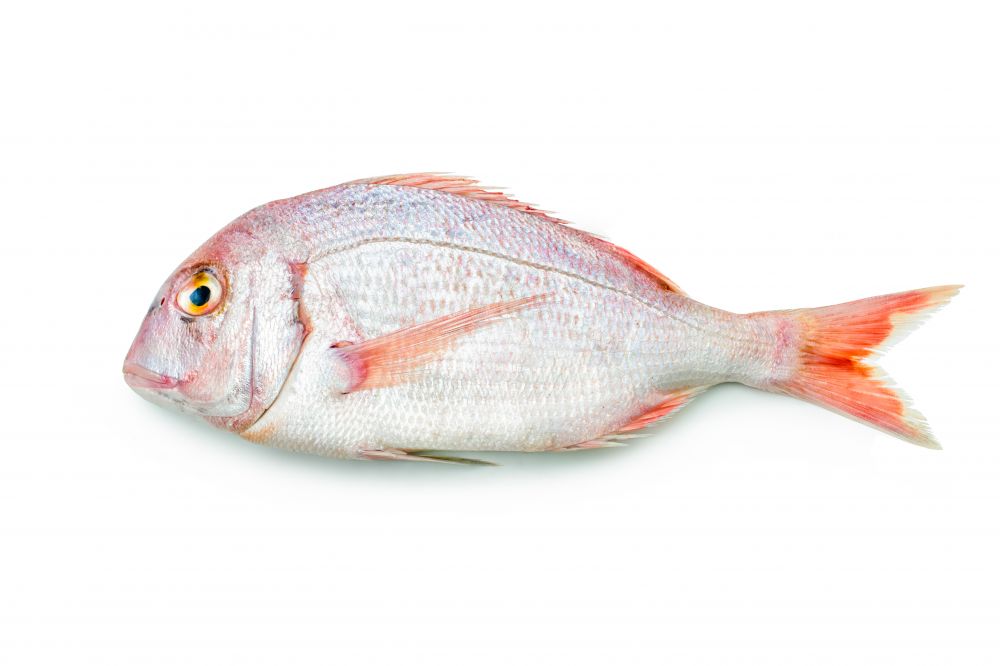
The Red Bream belongs to the Sparidae Family. The Red bream is a fish with a common length of 15 to 30 cm, the maximum known size being 60 cm. This fish can live for about twenty years. It breeds from May to August or March to July. Although it is fished all year round, it is between fall and winter that catches increase. The body is oval in shape, compressed laterally, as in most Sparidae. The head has an almost straight profile, a pointed snout, a fairly small mouth in a low and inclined position. The diameter of the eye is much smaller than the length of the muzzle. The inside of the mouth is greyish or whitish. The 2 jaws have sharp teeth in front (larger outer teeth, with small teeth) and 2 or 3 rows of molar-shaped teeth in the back. Like all Sparidae, it has only one dorsal fin. It begins at the plumbing of the pelvic bones and includes 12 spines and 10 to 11 soft rays. The anal fin has 3 spines and 8 to 9 soft rays, the length of its base is one-third that of the dorsal fin. The pectoral fins are high and very long, reaching almost vertically from the beginning of the anal fin. The caudal fin is forked. The body color is silvery pink with bluish reflections, the back and top of the head being darker. The upper part of the body is dotted with small blue spots. The upper outer edge of the lid is marked with a carmine red. The bases of the pectoral fins have a reddish spot and sometimes a spot is also observed at the base of the last rays of the dorsal fin.
The Red Bream is a famous fish you can catch in Westmarsh.Our fishing forecast of Westmarsh indicates the best time to go fishing in this city.
Our fishing forecast of Westmarsh indicates the best time to go fishing in this city.
Our fishing forecast of Westmarsh indicates the best time to go fishing in this city.
